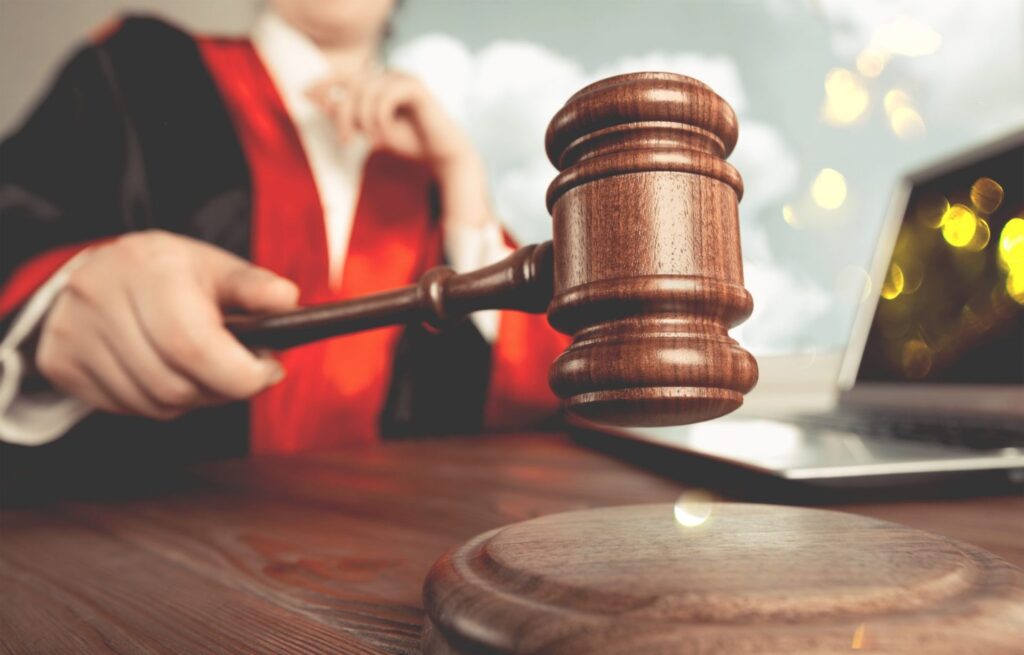When a case reaches the United States Supreme Court – or, less often, a state supreme court – the judges on that court can make it known that they are willing to accept input from people or organizations that are not a party in the case. That input comes in the form of amicus curiae briefs, or papers written by “friends of the court,” to help the court come to the correct decision.
These amicus curiae briefs (or “amici curiae” brief, if there’s more than one person or group behind it) can shed light on the complexities of a particular case and make arguments that might not otherwise be made by the parties who are involved.
The upcoming Supreme Court case Carpenter v. U.S. has garnered 21 separate amicus briefs. Here are some of the most interesting that either side with the defense, or do not take an official stance on either side in the case.
Carpenter v. U.S.
Recall that Carpenter is a criminal defense case about whether police could use the third party doctrine to gather information about the location of your cell phone without obtaining a search warrant, first. This gives police access to lots of potentially personal information that you wanted to keep private, without technically conducting a “search” that triggers the Fourth Amendment.
Technology Giants Weigh In
One of the amici curiae briefs that the Supreme Court received for Carpenter came from a not-insignificant group of technology companies, including:
- Google,
- Apple,
- Microsoft,
- AirBnB,
- Dropbox,
- Facebook,
- Mozilla,
- Verizon, and
- Twitter.
The brief details the crucial fact that Carpenter faces, head on: Technology has changed since the third party doctrine was first used, several decades ago. While the brief doesn’t take sides in the case, it urges the Court to take the opportunity to bring search and seizure law into the 21st century.
Surveys Show People Expect Privacy in Their Cell Phone Use
Perhaps more importantly, an amici curiae brief by a handful of Fourth Amendment scholars highlights the fact that most people expect their cell phone information to be kept private. According to surveys they conducted, only 26.5% of cell phone users in America had even a general awareness that their phones tracked their location. A majority of Americans considered it a violation of their privacy if police were able to track where they were, based on their cell phone’s location.
This flies in the face of the very premise behind the third party doctrine, which is that people who voluntarily expose their personal information to someone else are knowingly opening that information up for anyone to look at.
First Amendment Concerns
A pair of amici briefs, one by a collection of media groups and small government advocates, including the Tea Party, and another by a group of journalists, raise a novel argument: Allowing the government to track cell phone location can threaten the First Amendment rights of individuals and the press, as well. While the first brief focused on how government tracking could impact the right to freely associate, the journalists were worried about their ability to protect their sources, particularly when it came to stories that dealt with the government and law enforcement.
A History Lesson by Fourth Amendment Scholars
Another brief by a group of Fourth Amendment scholars breaks down the original meaning, intent, and history of a “search” under the Fourth Amendment, and how the third party doctrine runs contrary to it.
Maine Criminal Defense Attorney William T. Bly
In our next blog post, we’ll go over the amicus briefs that were filed in favor of the government.
William T. Bly is a criminal defense and OUI-defense attorney in Maine. If you’ve been charged with a crime, contact his law office online or call him at (207) 571-8146.


